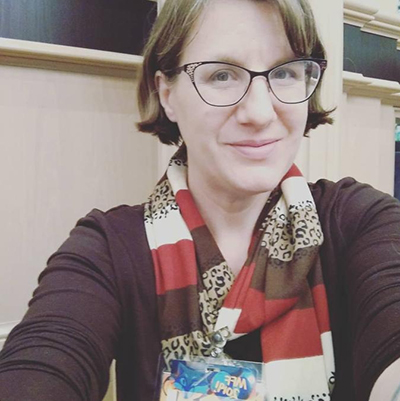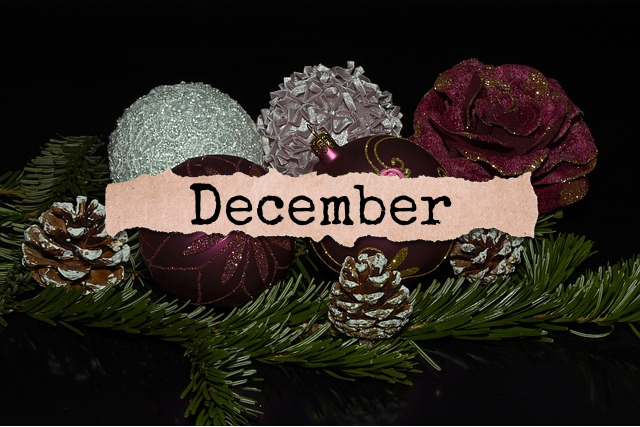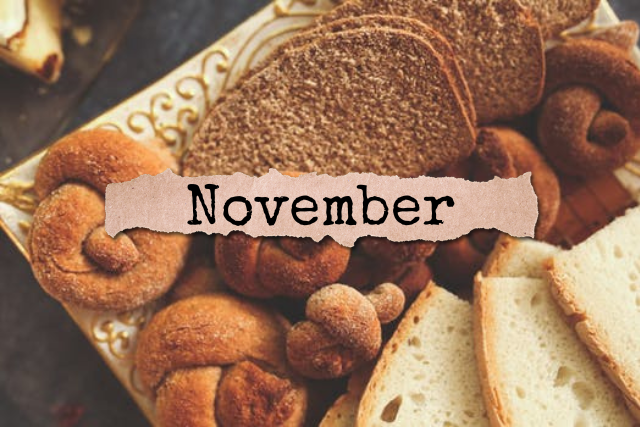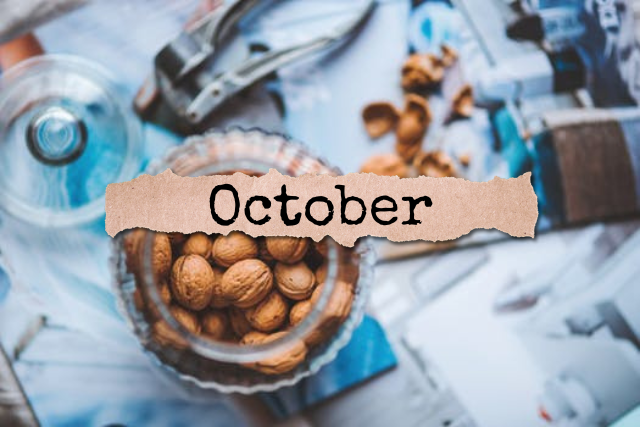You log in to your various DNA tests to see what’s shaking, and see something exciting: a new close relative match! It’s not a name you recognize, but that makes the new match that much more exciting, yes? So you send out the message you have used time and again with new or particularly intriguing matches:
Hi there,
We are a DNA match through my mother’s (or father’s) side. It looks like we share many cousins I’ve been able to identify as sharing my ancestors, (great-grandfather) and (great-grandmother), from (town), Massachusetts. Are those names familiar to you?
I am also from Massachusetts, but now reside in Nebraska. I love connecting with new cousins and sharing family history. You can reach me via Ancestry or email at (email address). I hope to hear from you!
Sincerely,
A sample of the short, but informative message I like to send new matches.
Wendy Callahan
You wait eagerly for a response but, when you receive it, find it’s not nearly as enthusiastic as the ones you normally receive.
“I’m confused,” they may say. “I thought I knew everyone in my family. I took this test and the results aren’t at all what I expected.”
Many of us have been there and a little bit of detective work has led us to what happened, as far as this person’s test: a person they thought of as their biological parent or grandparent wasn’t.
In particularly sensitive situations, it’s a matter of non-paternity being “outed” by the test. What’s a genealogist to do in this situation?
Based on my experience and what I’ve seen with others, I recommend radical empathy. This is the process of striving to understand and share another person’s feelings.
And while this is all well and good, your mileage may vary. Not everyone responds well and part of radical empathy is accepting whatever response you receive, with the understanding that this new cousin is going through something difficult and unexpected.
In my case, it turns out my father has a first cousin whose paternity was not what they expected. This match was confused by the relationship to my father, my sister, and I, as well as a lack of a particular ethnicity in their results. Based on the information made available about the person they believed was their father and compared to our ethnicity results, it was easy to see why they were confused.
I reached out to certain family members and did some other legwork to solve the mystery of how this person was a first cousin to my dad. It quickly became obvious who among my known paternal family was this person’s parent.
However, the match did not ask for this information, so I did not supply it to them.
In fact, the match stopped talking to me and I accepted this as that person not wanting any information, and furthermore put my energy into understanding why they would feel this way, instead of focusing on my disappointment that they didn’t want contact. The one thing I provided without being asked was medical information about a potentially hereditary disease. That in and of itself confirmed the paternal connection between us both, based on their last response to me.
Accepting that this person didn’t want to continue communication was difficult, but important. This wasn’t about me, but about them. I had to put my feelings aside and put theirs first. I made sure to also let them know that if and when they were ready to talk, I would be here waiting for them. I gave them my phone number and email address and left it at that.
When a DNA match doesn’t want to continue contact, it might be difficult, but try to prioritize their feelings over yours. Even if both of you are processing an unexpected revelation in biological relationships, your way of dealing with it might be different than theirs. As genealogists, we are generally open to these kinds of discoveries. We know – or ought to know! – what we’re possibly getting into with a DNA test.
But not everyone does. So, I believe it is our duty to guide them through those potential hereditary minefields with patience and sensitivity. Let’s be not just genealogists who get excited about new relatives, but also people who care about what our fellow humans are going through in their own discovery process.







